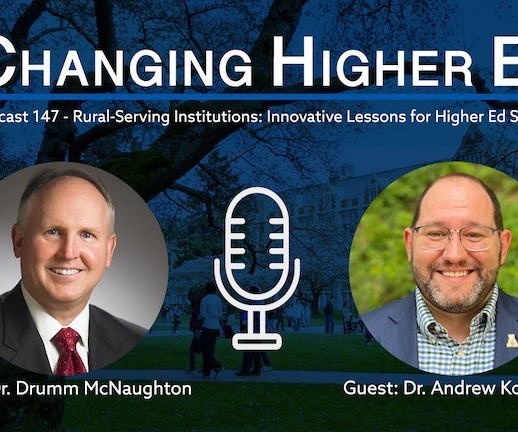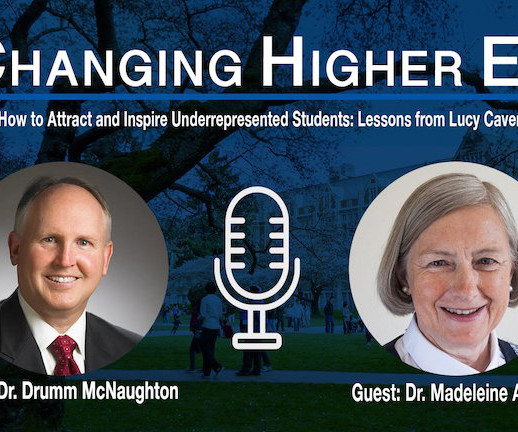Rural-Serving Institutions: Innovative Lessons for Higher Ed Success: Changing Higher Ed Podcast 147 with Host Dr. Drumm McNaughton and Guest Dr. Andrew Koricich
The Change Leader, Inc.
MARCH 21, 2023
Public RSIs are more dependent on state appropriations but receive fewer appropriations per student because state funding metrics focus on enrollment growth, which is more constrained. Dr. Koricich and his team have received generous funding from The Joyce Foundation, Lumina Foundation, and Ascendium Education Group.












Let's personalize your content